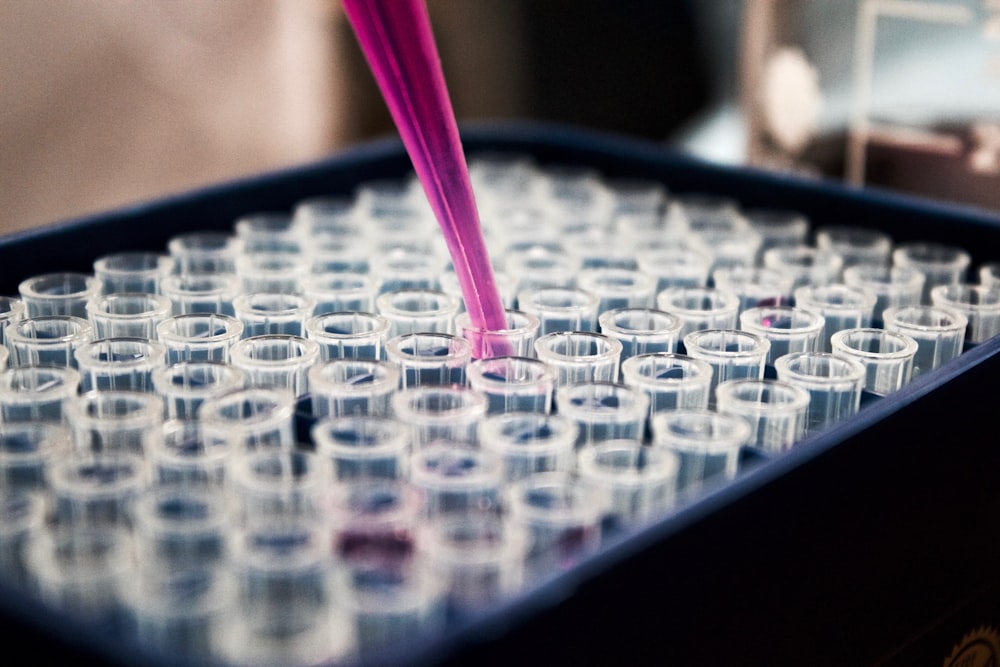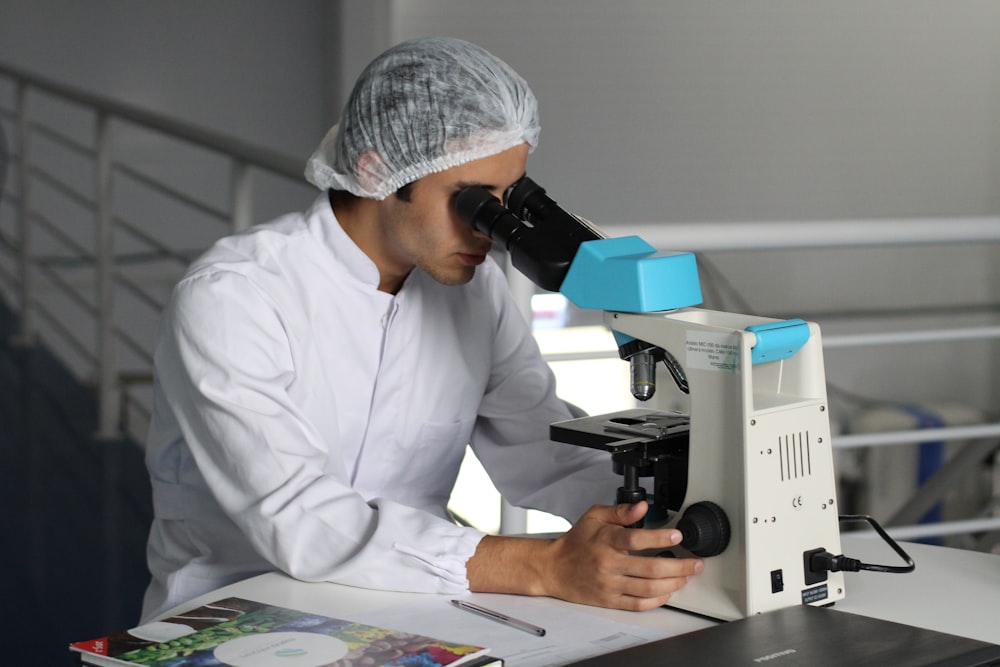Enzyme-linked Immunosorbent assay (ELISA) is a commonly performed lab test on blood or urine samples using the antibody specificity and sensitivity of enzyme assays. The technique helps detect and quantify biomolecules like antibodies, peptides, proteins, and hormones. It has proven invaluable in research and diagnosis and can help survey the proportion of infected individuals.
This article explains ELISA kits and why they are handy for medical practitioners.
What are ELISA’s kits?
The ELISA kits are the most common immunoassay tests used to detect the presence and measure specific antibody concentrations in a sample. These tests measure the concentration of proteins in a particular solution by binding antibodies to the target. In medical biology, ELISA tests help determine whether antibodies are produced in response to a pathogen exposure or vaccination.
The bimolecular technique uses the antibodies’ specificity and enzyme assays’ sensitivity to detect and quantify molecules, making it easy to detect quantitative results. They are the most sensitive immunoassay tests available today.
A medical practitioner will take a blood sample and add it to a petri dish containing a specific antigen related to the tested condition. If the blood contains antibodies to the antigen, the two will bind. The technician will then add an enzyme to the dish to observe how blood and the antigen react and whether they change color, signaling an infection.
Benefits of ELISA tests and kits in the medical sector
There are different applications of ELISA tests in medicine, from cancer screening to drug testing and pregnancy.
Cancer screening
Identifying cancer markers is one of the many opportunities in the medical industry that can help cure cancer. This is because early cancer detection has the potential to be curable. Through early cancer screening, doctors can pronounce arrival time and improve the quality of life for cancer patients.
It is possible to detect cancer biomarkers in blood samples using ELISA testing kits. This is a non-invasive method that can detect and quantify biomarkers and detect early-stage cancers. Doctors can use ELISA-based techniques to test cancers like ovarian and breast cancer.
The ELISA tests can also effectively identify and measure cancer and tumor biomarkers detected in the body in response to cancer growth and development. Over the years, clinical researchers have used the ELISA tests to identify established tumor protein markers associated with cancers. They also use the markers to determine cancer aggressiveness and monitor the response of the disease to different treatments.
Pregnancy testing
It is possible to check for pregnancy using ELISA kits at home. Doctors usually use the ELISA tests to check for elevated levels of human chorionic gonadotropin hormone in the patient’s urine sample. The hormone is generally higher in pregnant women produced by the placenta during pregnancy. A rise in HCG indicates pregnancy.
Detecting viral infections
Medical practitioners use ELISA testing to detect viruses when severe infections are high. They effectively detect viruses like West Nile, HIV, or COVID. The advantage of using ELISA kits to detect viruses is their effectiveness in giving immediate results, allowing a doctor to make timely and accurate treatment measures.
When applied to detect an infectious agent and antibody response, the tests are effective in diagnostic testing. They can identify individuals who may cause an infection threat or require treatment. The ELISA kits apply to opportunistic testing, such as at the emergency department. This is because they can reach the most vulnerable group thanks to on-site testing abilities and immediate results.
Moreover, ELISA kits can detect human serum Cystatin C for positive HIV infections. These kits can also help determine whether the infection has progressed to the patient’s central nervous system.
Drug testing
Toxicologists can use ELISA tools to screen forensic samples for drug abuse. Medical practitioners can test for concentration of popular illicit drugs like cocaine, amphetamine, cannabinoids, benzodiazepines, and methadone through urine samples. This is easier than using liquid samples like urine or blood.
The ELISA kits are also effective when monitoring some pharmaceutical drug concentration levels in patients. For example, if you are suffering from inflammatory bowel disease and rheumatoid arthritis, medical practitioners can use the kits to monitor the anti-drug antibody levels in the body.
Autoimmune disease
The ELISA tests can be used to detect platelet antibodies in the serum of patients with systemic lupus erythematosus and idiopathic thrombocytopenic purpura. They use the enzyme alkaline phosphates labeled as anti-human IgG1. This is an affordable method of testing when compared to platelet immunofluorescence tests and lymphocytotoxicity.
Besides, these kits provide a less expensive and less complicated method of detecting platelet antibodies. They also provide more information when compared to other tests like lymphocytotoxicity tests in identifying patients with idiopathic thrombocytopenic purpura disorders.
Food Allergy
Allergens can be fatal if ingested, making it essential to test food for specific allergens. ELISA tests can be used in the food industry to detect the presence of allergens and warn users about possible allergens. They provide a current sensitivity and can cope with some food types.
This application uses ELISA’s sensitivity to detect potential food allergy contaminants at low concentrations. You can also use it to test oils and other substances that other methods, like PCR, cannot detect.
Bottom line
Since their inception, ELISA kits have found many uses and are helpful in the medical feeling. The kits are flexible, inexpensive, quick, convenient, and accurate research tools to detect quantitative targets of interest in cultures and samples. Their benefits include high specificity, high sensitivity, high throughput, and convenience.


